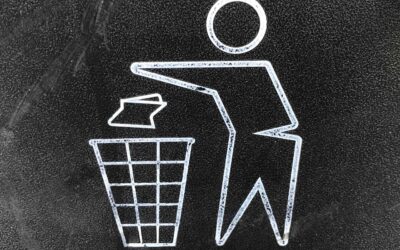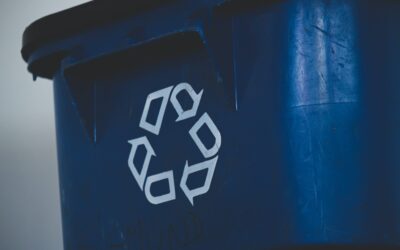BusinessWeek takes a hard look at carbon offsets and doesn’t like what it sees. The article criticizes offsets from a number of angles, but the one that matters is the charge that offset projects, including some in Terrapass’ portfolio, would have happened even without the sale of offsets.
Additionality — the notion that projects would not have happened if not for the purchase of offsets — is the most important issue we face, both as a company and as an industry. Terrapass customers have to be sure their money is having a positive effect. There is no issue we take more seriously.
Determining additionality is hard, and we’re liable to make mistakes. Not all of the science or the policy is settled. We’re a young company in a young industry with a lot of promise. But, if the industry is to be a part of solving climate change, we must get this right.
Which is why we’re conducting a review of the Tontitown landfill gas flaring project highlighted in the article and suspending purchases until the review is complete. Tontitown has passed two additionality reviews to date — one from the Chicago Climate Exchange and one from us — but the article brings new information to light about local environmental pressures to start the project that may bear on the quality of the carbon offsets from the project.
If that sounds confusing, don’t worry: we’re going to be running this additionality review in the most public, transparent way possible, and if you’re interested in following along, you’ll be an expert on landfill gas flaring projects in no time.
Here’s the plan:
- We’re giving ourselves one week to interview all the principals involved in the project.
- Waste Management. This is the company that owns the landfill and created the offsets. They claim that the project is strictly voluntary and therefore completely additional.
- Arkansas Department of Environmental Quality. This is the state agency claiming Waste Management only undertook the offset project to deal with a groundwater contamination project.
- To organize our fact-finding, we will in particular be seeking to apply three additionality tests:
- Timing. Is the timing of project compatible with the notion that offsets were the motivating factor?
- Financing. Are the project expenditures consistent with the notion that offsets were the motivating factor?
- Regulation. Was the project voluntary or compelled by a government agency?
- As we gather information, we will present it to the Terrapass community in real time.
- Periodic updates (presumably daily) will appear on this blog.
- At the same time, we will assemble an official additionality report. We will post all of the interim versions, so that you can watch as it develops.
- When the report is ready, we will present to a panel of experts, all of whom are just receiving invitations.
- Bill Moomaw, a lead author on the third IPCC report and member of the Terrapass technical advisory board.
- Bill Schlesinger, Dean of the Nicholas School of the Environment and Earth Sciences at Duke University and member of the Terrapass technical advisory board.
- Two industry experts (to be named shortly) not affiliated with Terrapass in any way.
- Based on the recommendation of the experts, we will take one of three courses of action.
- Determine that the project is high quality and continue to use it a source of carbon reductions.
- Keep the offsets we have already purchased from the project but make no further purchases, on the grounds that we can find more favorable projects.
- Replace our entire Tontitown holdings with carbon reductions other projects, on the grounds that they were never additional.
Why go through this rather baroque process? Because we think it will be immensely educational for both ourselves and for our members. These are hard issues, and our way of dealing with hard issues has always been to tackle them head-on, in full view. The Tontitown project has always struck us as a good project, but legitimate questions have been raised, so let’s dig into them together.
Brought to you by terrapass.com
Featured image






